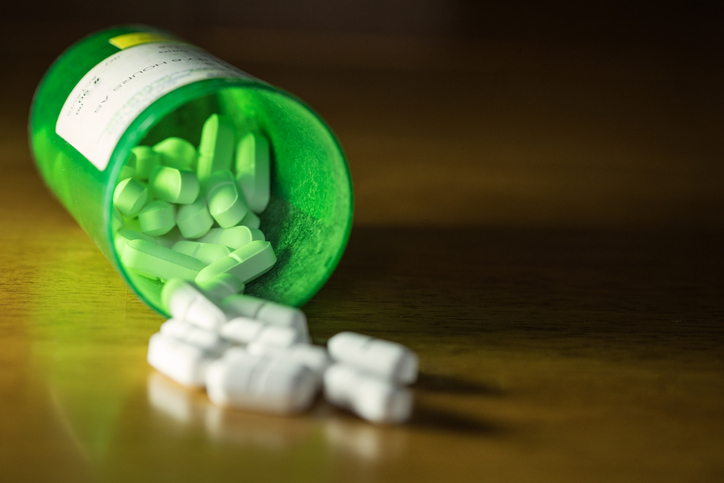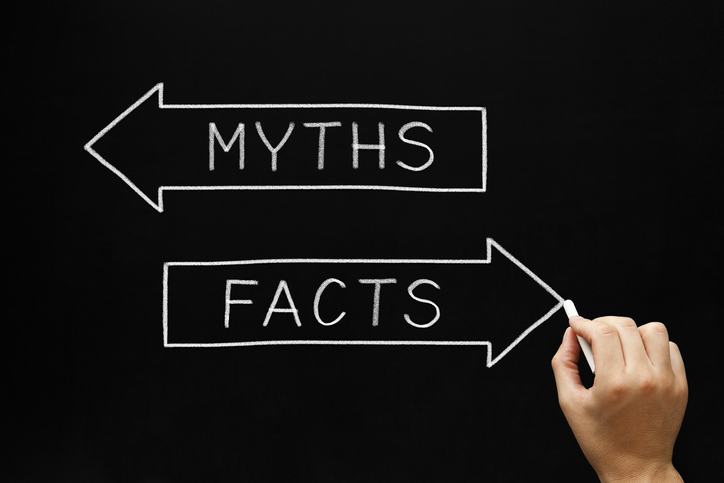Treatments
Tramadol Medication

Tramadol is an oral opioid pain medication that is used to treat moderate to severe pain. It is different from other opiate medications; while it does work on opioid pain receptors, it also inhibits the uptake of two neurotransmitters: norepinephrine and serotonin.
Forms
Tramadol comes in immediate-release (IR) and extended-release (ER) tablets or capsules. Immediate release is typically prescribed to be taken every four to six hours as needed to relieve symptoms. Extended-release tramadol is prescribed for around-the-clock treatment of pain and should never be used on an as-needed basis.
Dosage
Dosage is individualized based on pain severity, specific medical condition, and response to treatment.
- Immediate-release (IR) tramadol dosage is typically 50 to 100 mg every four to six hours and should not exceed 400 mg per day. Initial dose may be lower and gradually increased by a health care professional based on individual tolerance.
- Extended-release (ER) tramadol dosage is typically 100 to 300 mg taken once daily and should not exceed 300 mg. Initial dose is usually 100 mg and may be gradually increased 100 mg every five days by a health care professional based on individual tolerance.
Missed dose
A missed dose should be skipped if it is almost time for the next scheduled dose. Extra medication should not be taken to replace a missed dose.
Prior to taking tramadol
A health care professional should be consulted prior to taking tramadol if any of the following are present:
- Allergy to tramadol or any of its ingredients
- Severe breathing problems or sleep apnea
- Liver or kidney disease
- Stomach or intestinal blockage
- Urination problems
- Gallbladder, pancreas or thyroid issues
- Recent use of alcohol, sedatives, tranquilizers, narcotic medications, or MAO inhibitors
- Suicidal thoughts, mental illness, or addiction tendencies
- Head injury, epilepsy, or seizure disorder
Side effects
The initial dosage of tramadol is often low and gradually increased to reduce any side effects. A health care professional should be consulted if any side effects occur, which include, but are not limited to, the following:
- Seizures (The risk of seizures is increased if a pre-existing seizure disorder is present or if combining tramadol with antidepressants or opioid medications.)
- Drowsiness (Driving, operating machinery or participating in potentially dangerous activities should be avoided until the effects of the medication are known.)
- Irritability, trouble concentrating, or loss of interest
- Constipation
- Nausea
- Dizziness or fatigue
- Muscle aches and pains
- Headache
- Dry mouth or sore throat
- Itching or skin rash
- Headache
- Heartburn
- Runny or stuffy nose
Important information
- Tramadol should be taken exactly as prescribed.
- A pharmacist or physician should be consulted concerning potential drug interactions.
- Suddenly stopping tramadol may cause withdrawal symptoms.
- Long-term use of tramadol may decrease its effectiveness.
- Risk of addiction to tramadol is increased if substance abuse is an issue.
- A health care provider should be consulted if pain does not improve or worsens.
- Tramadol should never be taken by a child under the age of 12.
- Extended-release tramadol should never be taken by anyone under the age of 18.
- Tramadol should be stored away from moisture and heat and kept at room temperature.
- Alcohol should never be consumed while taking tramadol.
- Tramadol should not be taken postoperatively after a tonsillectomy or adenoidectomy.
Drug interactions
Serious side effects may occur if tramadol is taken with other medications. A health care professional should be consulted if any of the following medications are used:
- Cold or allergy medications
- Asthma or COPD medications
- Diuretic or water pills
- Motion sickness medication
- Medications for irritable bowel syndrome or overactive bladder syndrome
- Other opioid pain medications
- Sedatives, sleeping pills, muscle relaxers, or medications used to treat mental illness
- Antibiotic or antifungal medication
- Heart or blood pressure medication
- Seizure medication
- Medication used to treat hepatitis C or HIV
- Any medication that affects serotonin levels

















